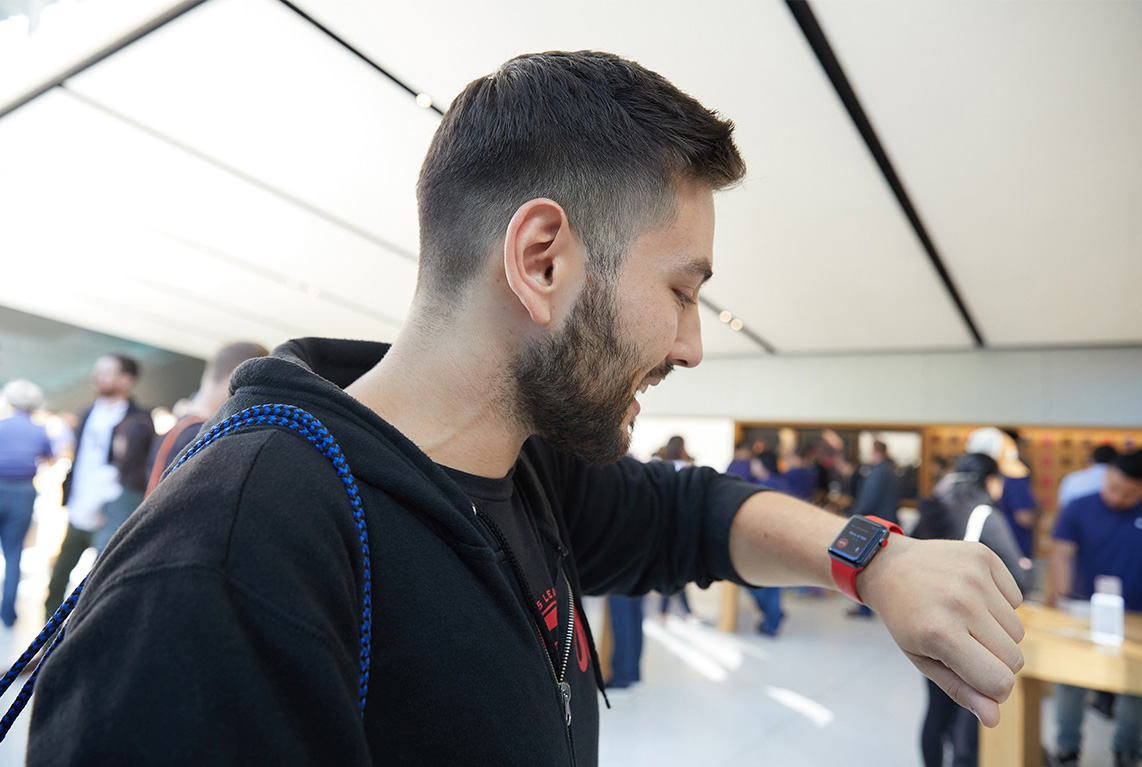Legal Science Partners, a company that spun out of Temple University, wants to be “the iTunes of legal research,” said cofounder Heidi Grunwald.
In other words, it wants to make legal research painless and user-friendly with its tool LawAtlas, which features searchable databases and maps that show how laws have changed in states over time. Now, when lawyers do research, it’s a painstaking and time-consuming trudge through databases like LexisNexis or WestLaw. Grunwald, deputy director of Temple’s Public Health Law Research Program, believes LawAtlas can change that.

With the help of a Robert Wood Johnson Foundation grant, LSP has created LawAtlas, as well as databases for health laws, like distracted driving laws and drug overdose laws. LSP offers those health law databases for free. Its next move is to hire a CEO, raise a round of angel funding and build databases that it can sell to law firms.
LSP is one of ten companies that recently completed FastFWD, the social entrepreneurship accelerator backed by a $1 million Bloomberg Philanthropies grant. Each company demoed in May at First Round Capital.
The accelerator, focused on public safety, awarded $10,000 to each company, as well as mentorship, training and an opportunity to pilot their product in Philadelphia. That opportunity came in the form of an RFP [pdf] that was due at 5 p.m. on demo day. The chosen companies will be announced this week, said Story Bellows, a city staffer who helped run FastFWD.
FastFWD is run by GoodCompany Ventures, the City of Philadelphia and the Wharton Social Impact Initiative.
In the weeks to come, we’ll highlight some of the FastFWD companies. See all our coverage here.
The business plan: LSP aims to build data sets for corporate law, real estate law and contract law and sell them to law firms.
Wait, sell to law firms?: It’s true, LSP is different from many of the FastFWD companies. FastFWD’s mission was to incubate companies that could improve public safety in cities – something LSP’s tool could certainly do – and also to provide an opportunity for those companies to get off the ground by piloting their product with the City of Philadelphia. LSP did not apply to the city RFP to pilot its product here because it doesn’t want to sell to governments.
This was actually a business decision they made during, and because of FastFWD, Grunwald said. LSP never planned to sell their product to law firms. They envisioned selling to Health Departments, but their FastFWD mentors told them that wasn’t a feasible business model.
On their FastFWD experience: Grunwald called it “incredibly valuable” because it took her company from idea to business plan to investor pitch. “When we started over there, we didn’t even speak the same language,” Grunwald said, referring to the jargon associated with the early-stage tech business world.
Applied to RFP to launch pilot in Philadelphia?: No. LawAtlas isn’t trying to sell its product to governments.
Staff: Grunwald actually isn’t allowed to work for LSP because it would be a conflict of interest due to her Temple position, though she said it’s possible that she would leave Temple to join LSP if the for-profit model gets off the ground. Her partners include Scott Burris, director of Temple’s Public Health Law Research Program, and Margo Lee, an accountant.
The (investor) ask: $250,000







